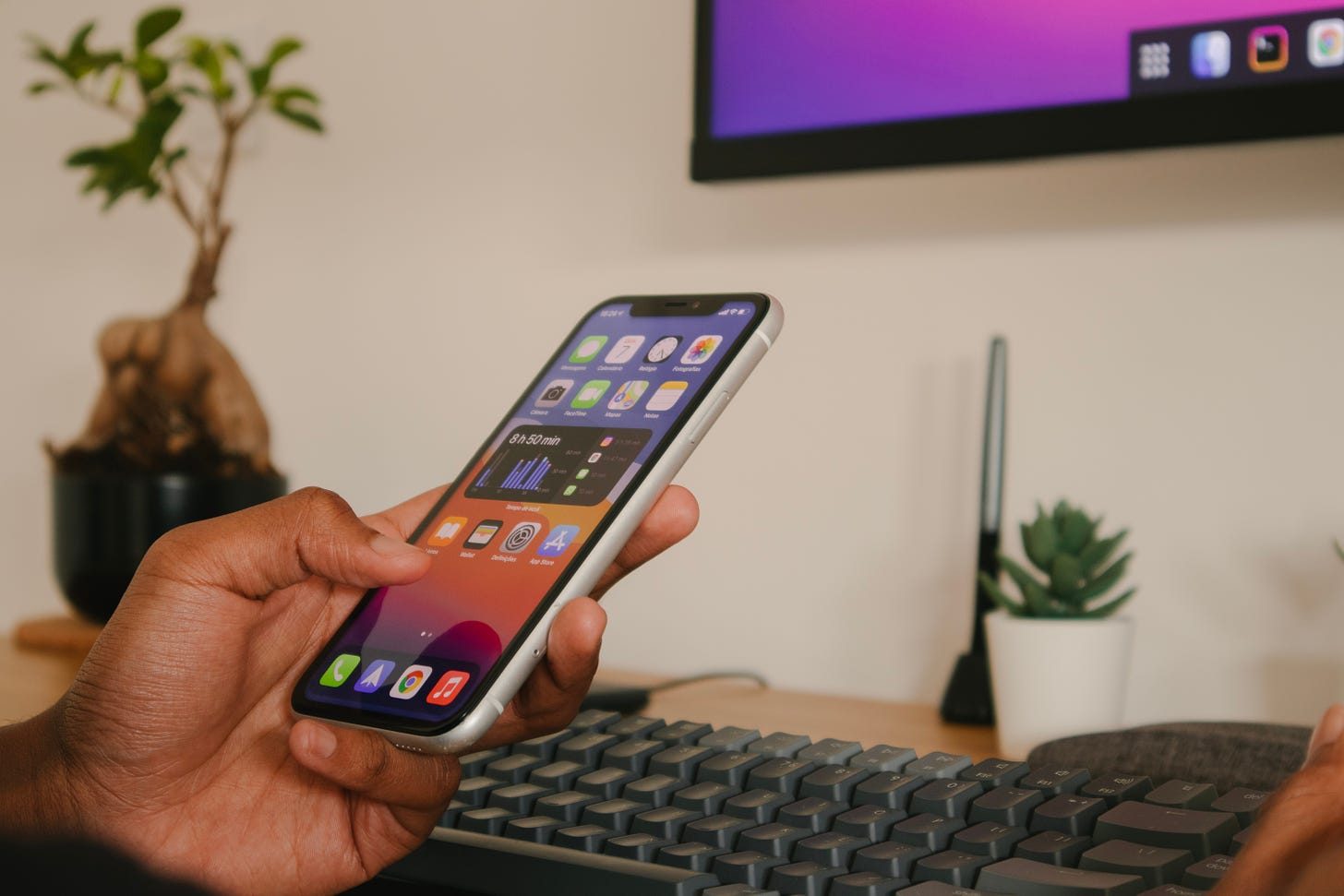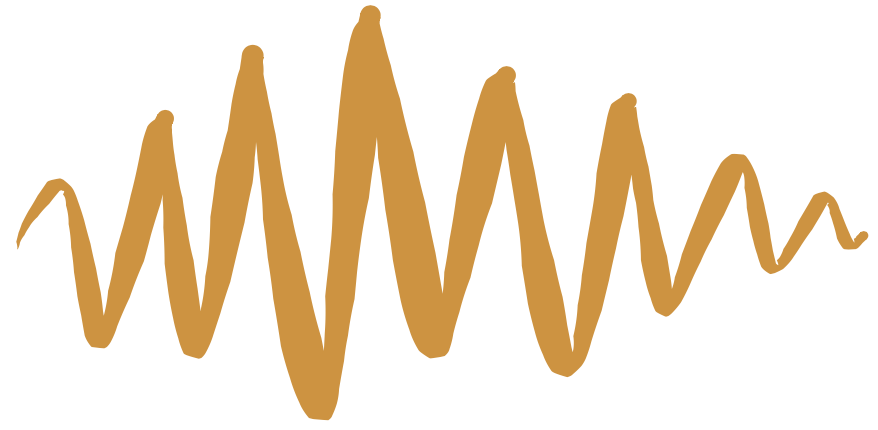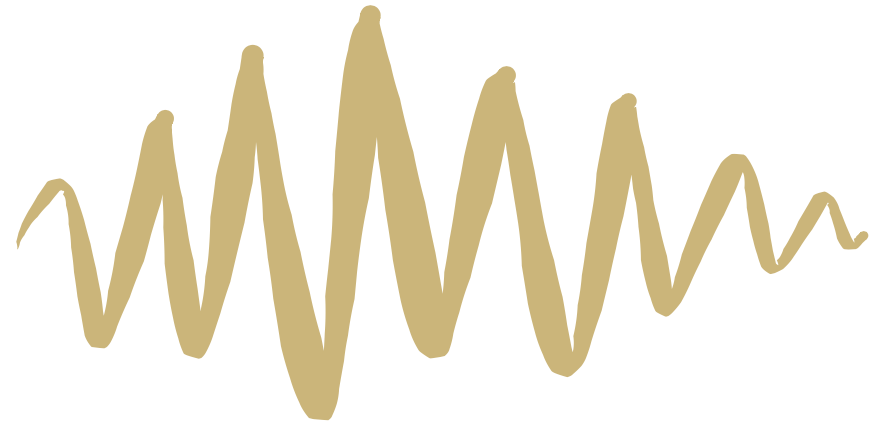Welcome to That’s Philosophical! Every week, I send you inspirational ideas to become a more mindful person in a world that can’t take a break.
You can read the web version here.

There is a global epidemic of attention span shortening. It’s obvious why this keeps happening, we are prioritizing instant pleasure over long-term benefit. Many people would rather watch something quick and engaging than take the time to consume content that is harder to understand.
And it’s not entirely our problem.
Human Nature
Our brains still prioritize things that mattered to us as hunter-gatherers - to have a place to sleep and food to eat. This problem was solved for most of us, but still, nothing changed.
If you are lazy and unmotivated, it probably happens because your basic needs are met. Your brain doesn’t want you to do anything else to waste energy.
You already have everything to survive, why spend resources on learning or going out of the comfort zone?
Daniel Lieberman is an expert in human evolutionary biology. He claims that we always used to avoid as much unnecessary physical activity as we could to save energy for later.
“I predict that hunter-gatherers in the Kalahari or the Amazon are just as likely as 21st century Americans to instinctually avoid unnecessary exertion.
Although a small percentage of people today exercise as a form of medicine, doing their prescribed dose, the vast majority of people today behave just as their ancestors by exercising only when it is fun (as a form of play) or when necessary.”
This instinct would definitely help you if you lived 60,000 years ago. But today, you can easily get wherever you want without really moving or work by sitting behind the desk all day.
Our natural tendency to save energy and avoid unnecessary activity now works against us. Being disciplined is a necessary skill today.
Brain’s Choice
This keeps happening with our physical abilities, and we can notice the same pattern with our mental state too.
With an infinite amount of content everywhere, our brains didn't evolve to live in such an environment. Hundreds of years ago we had a scarcity of information, now there is too much of it. We have to choose the information we wish to consume. This choice is often made subconsciously.
Naturally, we pick easier-to-consume information over the one that requires more resources. The human brain takes up to 20% of body energy when we are at rest and roughly 25% of the total daily energy budget.
We evolved to keep this energy use as low as possible to survive, that’s why we would much rather watch another funny video than start learning a new skill.
The Most Popular Content Type
Algorithms now are the main drivers of content for most users. But the problem with algorithms is that they are programmed to promote the content that gets more clicks and attention. Generally, it’s the simple content that gets more engagement. As a result- it is being promoted more often.
This leads to continuous attention shifts. That’s why people tend to gravitate toward activities that are easiest at the moment. We are becoming addicted to distractions.
I noticed this too. Just when I sit to work or when I am actually working, there is a strange desire for me to shift my attention.
Then after an hour of working, I see multiple opened tabs. I check social media for no reason. Sometimes I suddenly want to google a random thing. I don’t know why this keeps happening. Maybe my task becomes boring and my brain just wants a dose of instant pleasure.
It’s an indication that it’s hard for me to focus on the same thing for long enough. The very second a task becomes tedious, my brain is ready to shift attention to something more entertaining.
The Danger
Global simplification of content is scary. And the most disturbing thing is that kids are on the internet too. People give iPads to toddlers so they stop crying. People become addicted to shiny content even before they learn to speak. This is the kind of thing that sticks with people, like an addiction.
I hope this will make you more mindful of what you choose to consume. This is hard to notice especially if you fall into the trap of mindless consumption.
Of course, it’s not bad to choose easier content sometimes, but we need to face challenges to grow. We improve through difficulty. It's much easier to keep being in the comfort zone, but it takes discipline to do something against your nature.
Just as our tendency to be lazy to save energy made it hard for us to go to the gym, our brains want us to consume easier content to survive. Don’t fall for it!
A small announcement
From now on, That’s Philosophical will be published once per week! Every Wednesday, expect thought-provoking philosophical insights in your inbox. I decided to reduce the publishing schedule frequency to increase the quality of my pieces. I hope this will be a great new stage for That's Philosophical!
Readers say they loved the previous issue!
Thank you for reading, see you on Wednesday.






Thanks for the shoutout! The competition for attention is very real! During the Facebook outage, I still instinctively opened up Instagram every once in a while to check what was new -- even knowing it was down. It's eye-opening. But thinking about attention the way you describe it helps a lot!